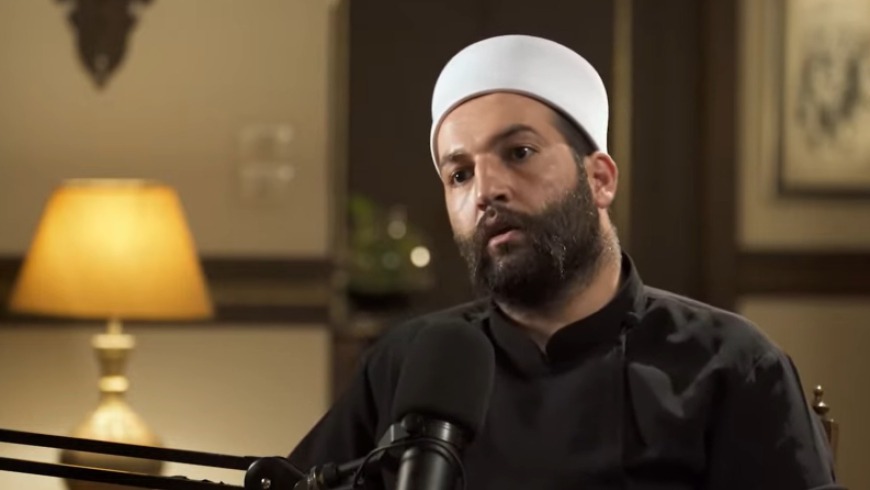Al-Bal'ous: The people of Sweida reject division and are subjected to pressures to prevent them from expressing their stance

Sheikh Laith Al-Bal'ous, representative of the "Majlis Al-Karama" in Sweida, confirmed during a podcast interview on "Syrian TV" on Sunday evening, August 17, that the majority of the province's residents reject the idea of separation from Syria, pointing out that the divisive calls promoted by Sheikh Hikmat Al-Hajri contradict the will of the people.
Al-Bal'ous said: "The majority of the people of Sweida reject division, and they support the unity of Syria, land and people, but they have found themselves in a tight corner after the events in Sweida, which were exploited by Al-Hajri's group to incite and mobilize against the state and other Syrian components."
He explained that the residents are subjected to pressures that prevent them from expressing their opinions, stating: "Anyone who expresses their opinion today is accused of treason and betrayal and of stepping outside the sect's umbrella, and they are even subjected to murder, whether they are citizens, elders, or political leaders."
Al-Bal'ous expressed his regret for the violations that have affected the people of Sweida, including the displacement of more than 5,000 Bedouin families, considering that the exploitation of these events has led to an increase in "sectarian and popular hatred."
He touched on the role of religious authorities and community leaders, noting that "the general religious authorities do not interfere in politics, while the Sheikh of the Mind has broader powers, including political affairs."
He added that political and community leaders played a major role in the popular movement against the Assad regime before Al-Hajri took control of the scene, saying: "After Al-Hajri adopted the movement, the position of those authorities weakened, and he became the face locally and internationally."
Al-Bal'ous also referred to the events of 2014, when his father, Sheikh Wahid Al-Bal'ous, led the "Men of Dignity" movement against the previous regime, comparing his religious exclusion to what happened to Sultan Pasha Al-Atrash in 1925.
He revealed that the regime attempted to buy Sheikh Wahid's loyalty before the decision to assassinate him was made in a meeting that included Ali Mamlouk, Qassem Soleimani, and Wafiq Nasser, confirming that "Hikmat Al-Hajri was involved in the conspiracy."
Al-Bal'ous spoke about attempts on his life before and after Assad's fall, explaining that groups linked to Al-Hajri targeted him due to his support for the new Syrian state.
He said: "We are with the state that protects our rights, and we will stand against it if it turns against us," referring to a fatwa issued by Al-Hajri calling for his killing after a meeting between them following Al-Bal'ous's visit to the presidential palace last April.
Al-Bal'ous confirmed that the ministers of defense and interior agreed to the demands of the Sweida sheikhs, including the formation of security institutions from the province's residents, but Al-Hajri "turned against the agreements and described the state as (Daesh)."
He concluded by saying that Al-Hajri denies any agreement with the Syrian government, claiming to have "a special project" for the benefit of Sweida without revealing its details.